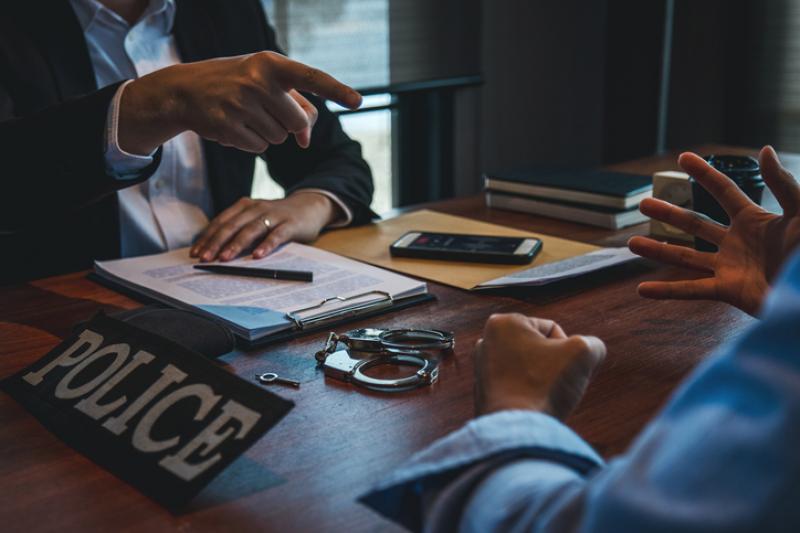Criminal Defence Lawyers Vs Police Officers: Who Does What?

The legal system is a vast and complex place, and you will notice that many lawyers choose to specialise in specific areas of the law. Although some lawyers have a field of expertise that is broader, like a general practitioner, there are also other types of lawyers who have studied in a niche category, such as a criminal defence lawyer.
Criminal defence lawyers are well-versed in all areas of the law – so much so, that a person might wonder who knows more about the law – police officers, or criminal defence lawyers. While both professionals are experts in the industry of law, they do have respective differences when it comes to their education, responsibilities, and skills.
Here, we will outline the key differences when it comes to these two professions, and who can help the public with certain questions, concerns, and circumstances they may be facing regarding the law.
The Job Description
As an overarching job description, criminal defence lawyers possess a particularly vast understanding of the criminal justice system, and have detailed training defending clients within the courts, and with complex criminal cases. They often participate in every part of the justice process, including investigation, gathering and evaluating evidence, and studying the history of previous court cases.
A criminal defence lawyer’s job doesn’t stop there. They are hired to advocate for their client, regardless of their status or innocence, and to defend their client against any charges being brought against them. Much different than a police officer!
That’s because a police officer’s primary duty, at the core of their purpose, is to protect and serve all citizens. They are not paid by individuals, but rather, they work for their country by monitoring specific regions, states, or towns.
Although a police officer defends the rights of its country’s citizens, they do not take sides based on a paycheck. It is their duty to be honest and protect innocent people, and to participate in the legal system based on their own lived experience, not just the law that they studied.
The Paperwork
In both professions, police officers and criminal defence lawyers alike are expected to file a hefty stack of paperwork. Depending on the specific role of a criminal defence lawyer or police officer, this may be more or less than average. However, both cops and lawyers must use books, evidence, and historical documents to better understand certain cases, or to use as collateral in a case.
However, while both lawyers and cops file paperwork, criminal defence lawyers have a separate purpose when preparing documents. Everything that a criminal defence lawyer does is in the name of their client’s best interests. This includes preparing legal briefs, arguments, and appeals.
Meanwhile, police are usually getting their hands on paperwork when they are filling out a report or collecting evidence for a case. They use their studies of the legal system to create a historical report or to understand the background of an individual in custody. Not the same purpose at all!
In the Field
As we all know, criminal defence lawyers and police officers have far different expectations when in the field. Daily, lawyers counsel clients about behaviour, whereas a police officer enforces the law by arresting those who violate the law.
Additionally, lawyers have power only through their outstanding legal skills; they wield their legal knowledge when going to court and defending their clients. However, police officers have power beyond their learned knowledge. They have the power of the law on their side, and can use force, tools, or their general status to achieve dominance and protect the citizens of their region.
A lawyer’s primary physical appearance is in meetings with their clients, researching evidence or arguments for their defendant’s case, or interviewing any other parties involved. A police officer, on the other hand, is much more hands on. They are often found patrolling the streets, giving statements, or aiding those in need.
So, while police officers and lawyers alike strive to enforce the law, their daily duties and professional paths differ. Their respective interests have brought them to very different careers, yet some of their knowledge intersects, and although this education serves separate purposes, they do have a lot of characteristics in common.
More to Read:
Previous Posts:







